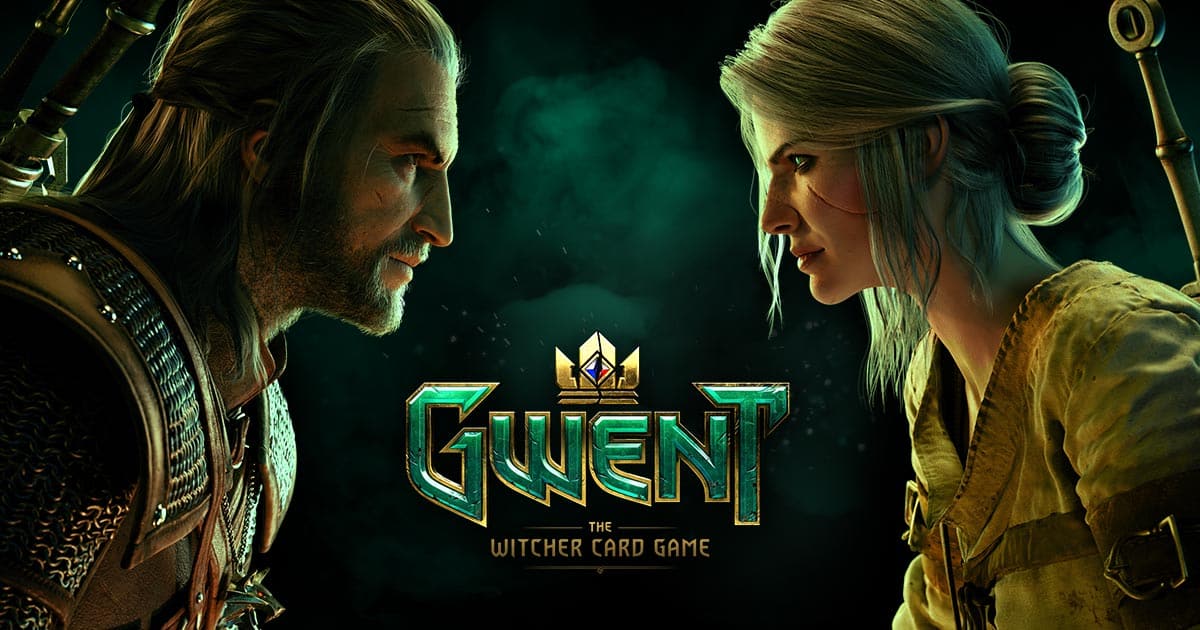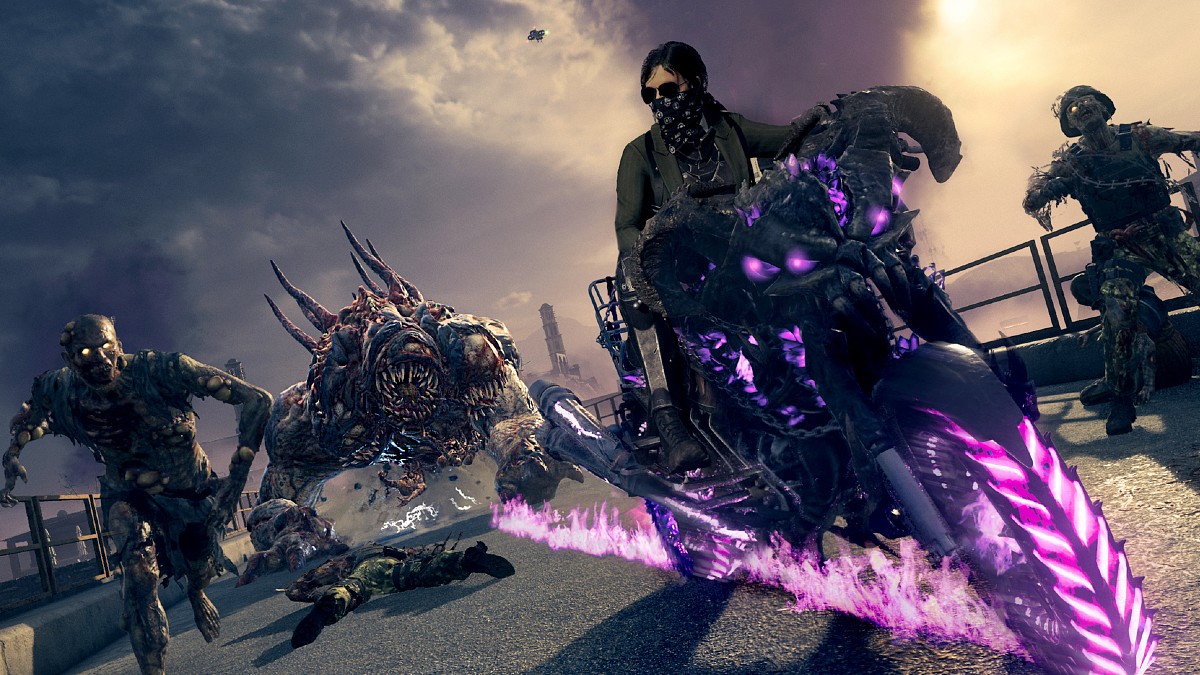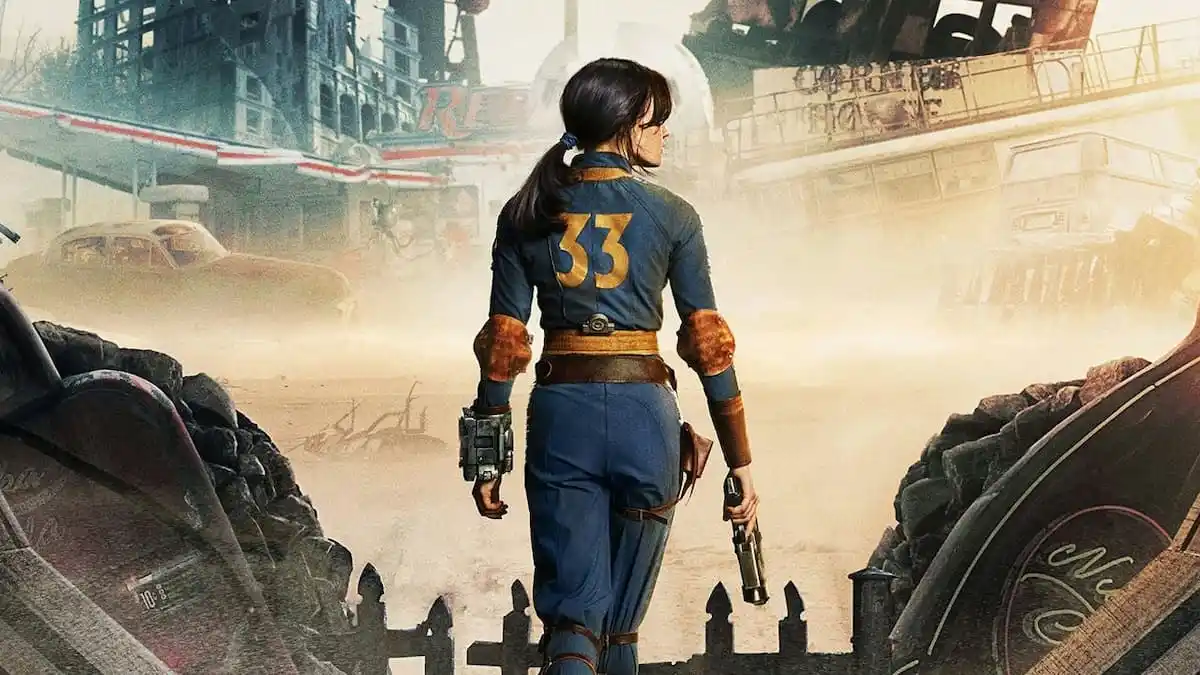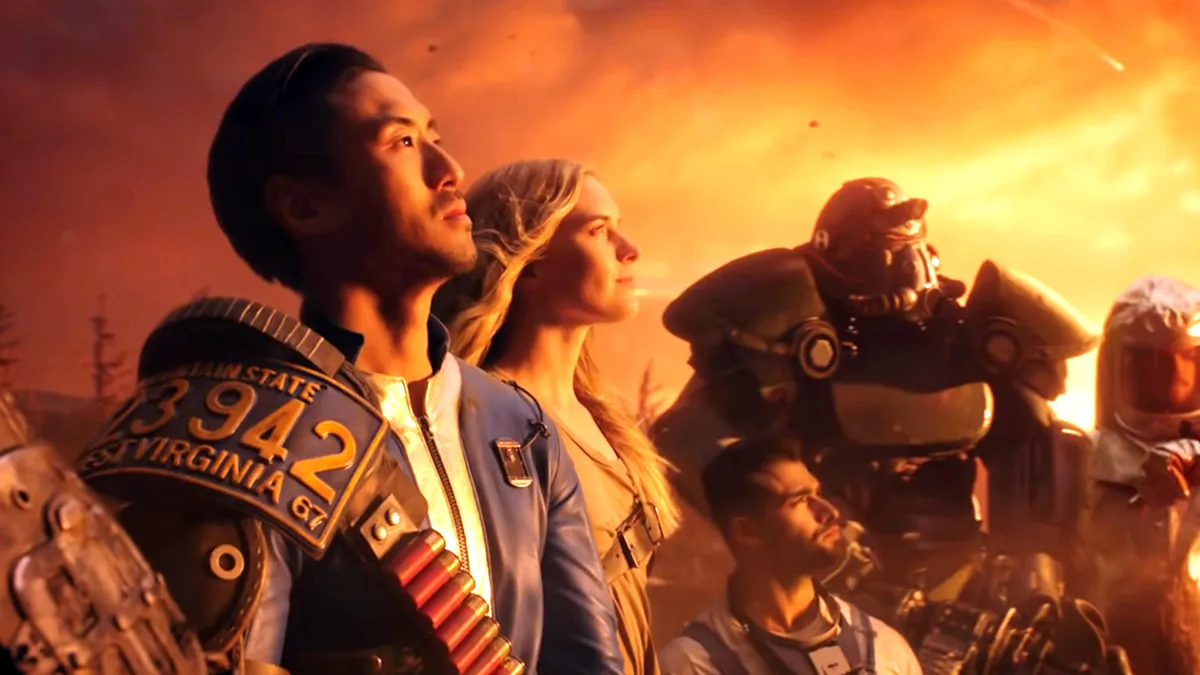As a die-hard single player, testing multiplayer waters with Counter-Strike: Global Offensive was a disaster. My main takeaway from that experience was that I needed something slower-paced, less reliant on twitch skills, and more cerebral. Taking those qualities almost as far as they go, the digital CCG realm beckoned. I dabbled a little in physical CCGs back in my school days. I was never fully invested, nor particularly good, but I had at least some familiarity with how they work. So after some research, I decided to try Gwent.
Gwent doesn’t necessarily rank among the best CCGs by those in the know, but commentary from around the web painted it as being more generous in deck-building capacity and new-player-friendly compared to the other options. Additionally, Gwent has a full-fledged, single-player spin-off for honing skills. It seemed promising.
So, I started with Thronebreaker: The Witcher Tales. The card battles in that were challenging enough throughout. Combined with the engaging story of Queen Meve’s push back against Nilfgaard, the core gameplay remained compelling, even after well over 30 hours.
I was intrigued to discover whether Gwent bears the same energy, and whether it would impel me similarly. The short answer: kind of, but not really.
That’s not to say the game didn’t resonate. The cards and their functions may be different, but the process of problem-solving to outmaneuver the opponent remains. Of course, luck factors in to a degree, as does the deck build of each player, but even those variables can be overcome through measured play.
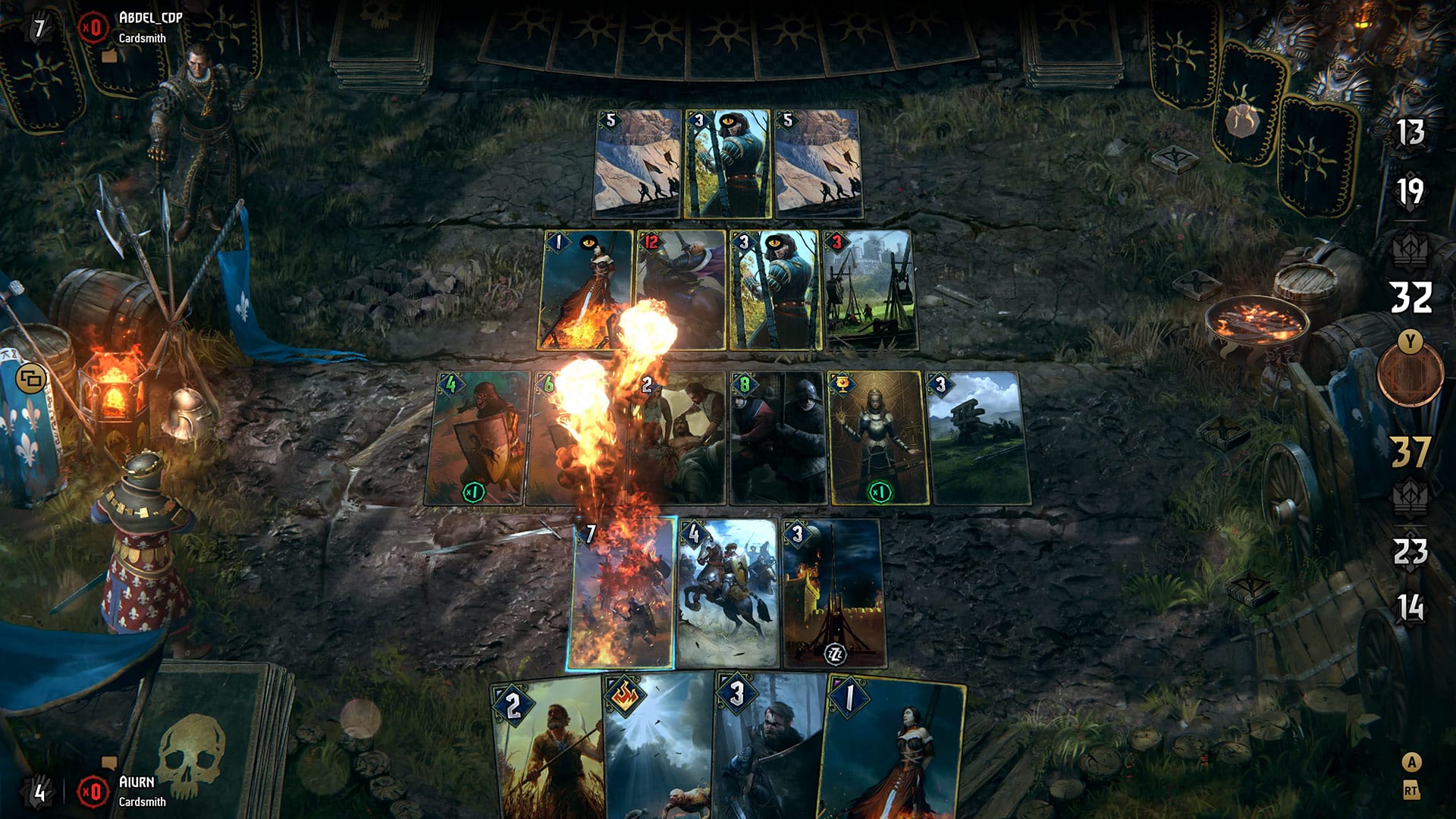
A part of that comes down to CD Projekt Red’s delicate balancing act. With the exception of the Arena mode, each deck is built from units of a particular faction from The Witcher’s lore — Skellige, Nilfgaard, Scoia’tael, etc. Each faction is designed around a particular play style, and while some may work better against others, none has a clear advantage or disadvantage. Considering the sheer number of cards accessible, the evenness of the system in giving the potential of a hefty challenge in each battle really is to be commended.
Ensuring things remain exciting is that the pacing changes with each game. One opponent might endeavor for a clean sweep, while the next might win the first round then pass the second immediately to improve their chances in the final. Trying to gauge their strategy adds another layer of nuance to a game that already relies heavily on tactics.
But whereas Thronebreaker hooked me and kept me invested for four or five hours at a time, Gwent only works as a diversion. One or two matches and a bit of fiddling with the deck builder or reward book and I’m done.
Unlike Counter-Strike, where my attention waned because I was simply awful with no real hope of redemption, my track record in Gwent isn’t bad, so it’s not frustration throwing up roadblocks. I think, rather, that it’s a combination of structural factors.
Foremost is the progression mechanics. The gamification at the out-of-gameplay level is utterly silly with numbers: levels, ranks, leaderboard positions, win/loss tallies, four different in-game currencies… It’s not “too much,” but none of it acts as a driver for me. It simply doesn’t interest me.
It’s worth noting that CD Projekt Red currently has a time-limited Journey progression system that does deliver a story, but it is doled out on a weekly basis, rather than being tied to the individual player’s performance and engagement. As such, it doesn’t act too well as a carrot, except to make me want to log in again later, once the whole story is available.
The other major problem I have is with Gwent’s interface. I’ve been playing on PC and the screen setup feels obnoxious. I contrast it to Thronebreaker, which I played on Nintendo Switch, and note the oversized text and the general sense that everything takes up too much space. Perhaps switching to a mobile version would rectify this issue, but my current phone isn’t up to the task.
Here’s the thing — Gwent is wonderful. It really is. The mechanics are straightforward, the strategies deep. It effectively encapsulates the “easy to learn, hard to master” ethos that makes games like the Souls series, the entire fighting genre, and even Tetris so impeccably compelling. But the start-stop nature of the contests means that the experience struggles to pull me ever onward, quite unlike the “what comes next” narrative hook of Thronebreaker.
All that being said, Gwent does come close to being what I’ve been hoping to find in a multiplayer experience. I do want to continue playing — just not in the kind of extended sessions that single-player games make so easy. Maybe one day I’ll install it on my phone and delve into it more as a result of the ease of use, as I have previously with Angry Birds or Two Dots, among other fantastically pointless wastes of time.
For now, I look elsewhere for the next game that I hope will hook me.

